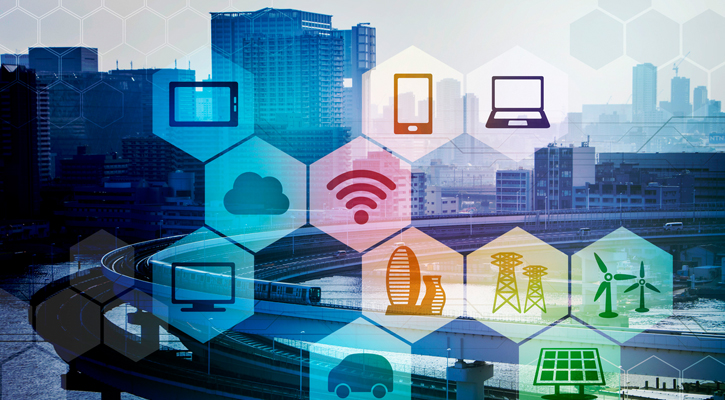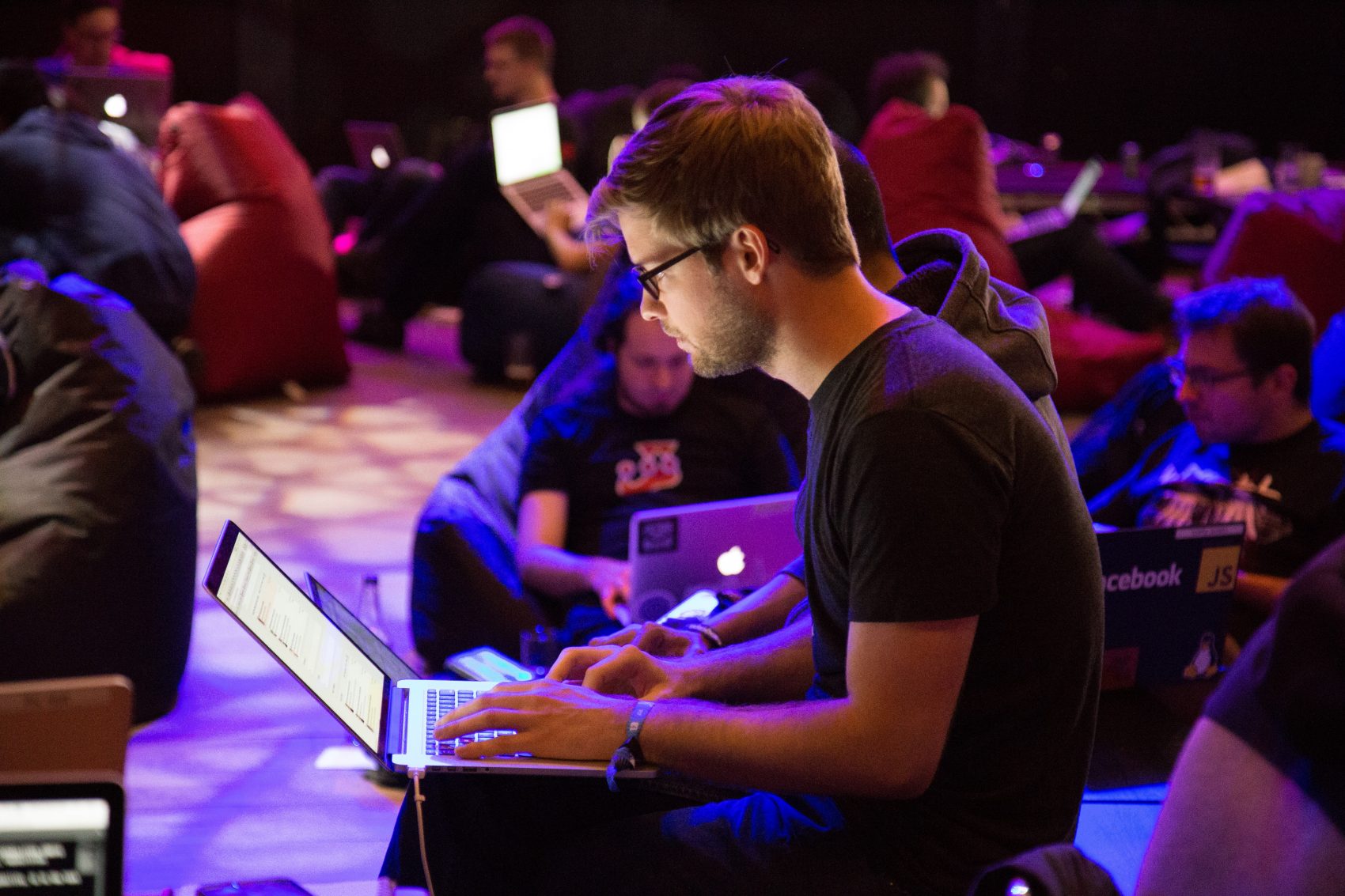Learning in a faster, globalized world
Education and learning, in higher education and elsewhere, is now challenged profoundly by technologies, policies, and cultural forces of a depth and scope that was difficult to foresee only a few years back. Today we ask ourselves how the coming of social media impacts on well-being. We ask ourselves how the world of 24/7 media changes our means and modes of acquiring knowledge and insight. More information is available than at any time in human history, and yet the “knowledge industry” is challenged by unprecedented monopoly of ownership.
How do educators meet the challenges?



